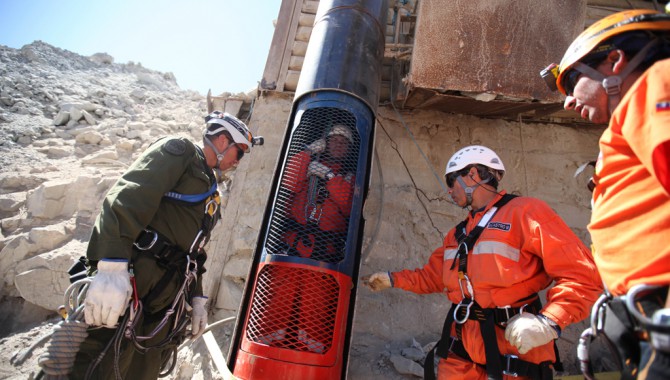
By Don Cohen In the summer and fall of 2010, the world followed the story of thirty-three Chilean miners trapped nearly half a mile underground and celebrated their successful rescue in October.

By Don Cohen In the summer and fall of 2010, the world followed the story of thirty-three Chilean miners trapped nearly half a mile underground and celebrated their successful rescue in October.
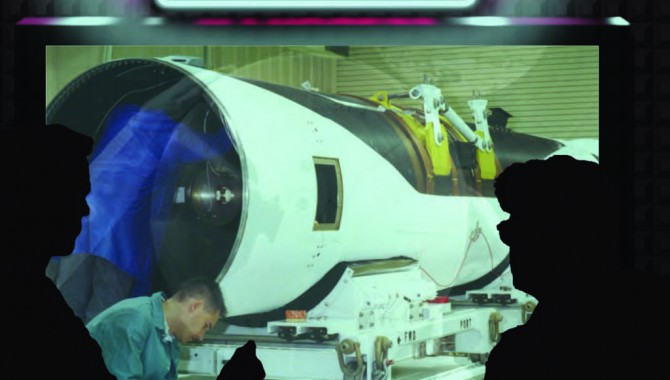
By Ed Hoffman Sometimes organizational “support” kills good new ideas. Entrenched ways of doing things and bureaucratic caution can and do discourage innovation in organizations, but even organizational support for new ideas can be a mixed blessing.
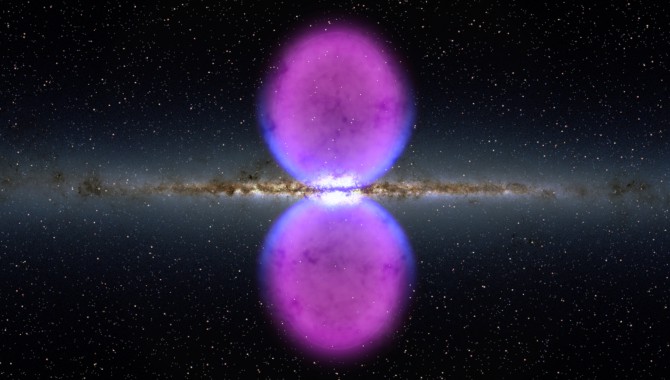
NASA in the News NASA’s Fermi Gamma-ray Space Telescope has unveiled a previously unseen structure centered in the Milky Way.
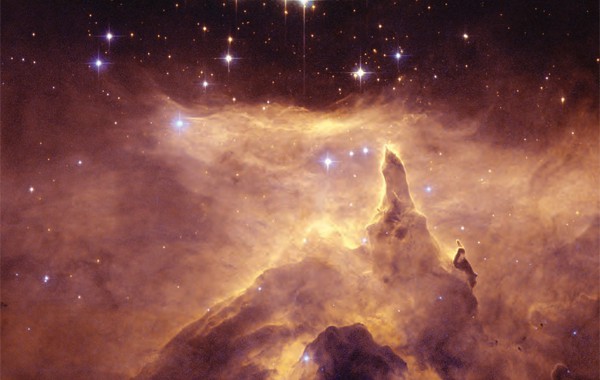
The small open star cluster Pismis 24 lies in the core of the NGC 6357 nebula in Scorpius, about 8,000 light-years away from Earth.
The Langley engineer talks about the challenges of aerobraking and the value of “diving right in” at the start of a NASA career. Jill Prince has been an aerospace engineer at Langley Research Center since 1999. She was recently awarded a Women in Aerospace Achievement Award for her work on autonomous aerobraking. Don Cohen […]
By Ed Hoffman Those who do not remember the past are condemned to repeat it. The wisest mind has something yet to learn. —George Santayana During the last weeks of playing baritone horn in my high-school band, I started wondering how the band would be able to continue. I looked at Marco, who […]
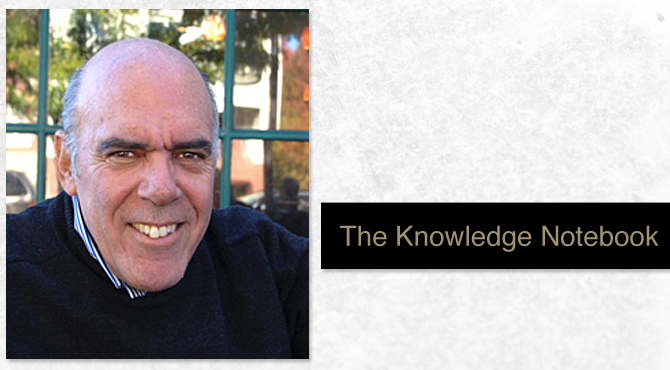
By Laurence Prusak Have you thought about why some individuals, institutions, agencies, and even countries seem to exhibit a persistent pattern of bad judgment?
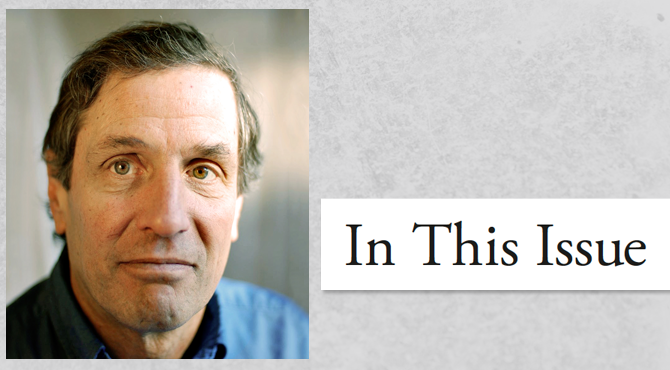
Don Cohen, Managing Editor In the interview in this issue of ASK, Jill Prince estimates that 90 percent of the knowledge she needs as an aerospace engineer comes from work experience—her own and that of mentors and other colleagues.
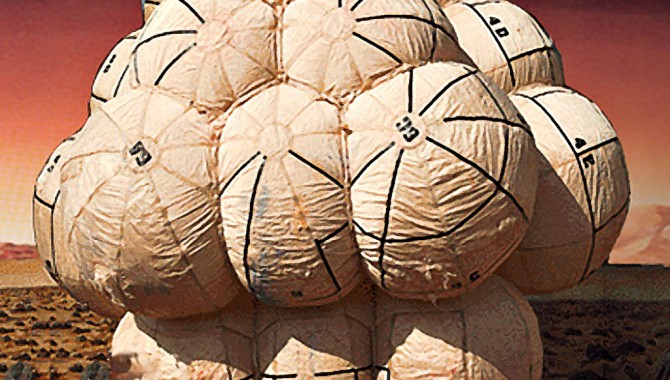
By Randall Taylor In December 1996, a Delta II rocket launched the Mars Pathfinder spacecraft.